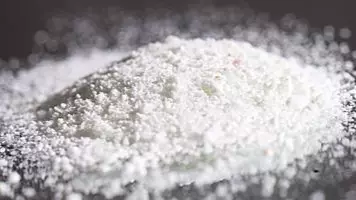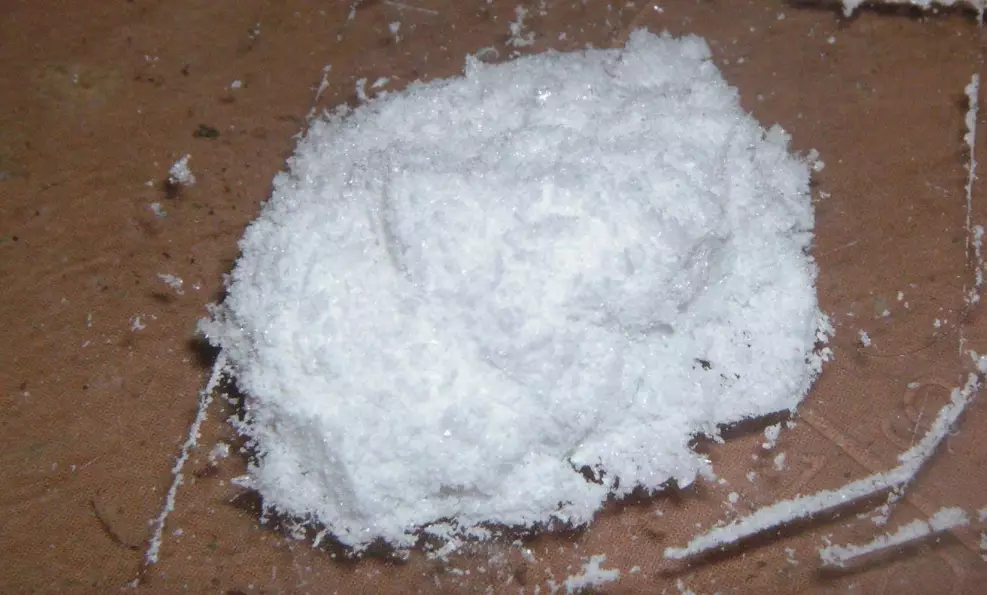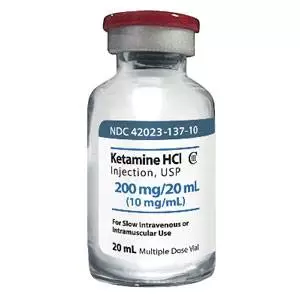
Currently, possession of ketamine can see you banged up for five years and facing an unlimited fine. Supplying it, on the other hand, could see you land 14 years in jail, again with an unlimited monetary penalty.
The class B drug, which has also been used as a medical anaesthetic since its discovery in 1962, now faces calls to be less restricted after it was found to cure depression.
Researchers have said it has a 'truly remarkable' effect on people suffering depression, particularly the elderly.
A controlled trial, led by Colleen Loo, a professor at the University of New South Wales in Australia, looked at the drug's effect on how people over 60 resisted depression.

Credit: Facebook
Loo told the Independent: "This trial has shown ketamine can be used safely in the elderly and it tends to be effective.
"Sometimes depression in the elderly can be harder to treat, especially with medication.
"Also, they tend to have more medical problems, which can interfere with medication."
Similar effects were noted in younger people.
The study was conducted on 16 participants, with 11 reporting an improvement in their condition while being treated by ketamine.
After six months, 43 percent of the subjects said that they had no significant symptoms of depression - a high rate given that the participants had not responded to previous treatment.

Credit: Facebook
Professor Loo added: "It is truly remarkable the way ketamine can work. Other people have also found you get a rapid and powerful effect after a single dose of ketamine.
"Some people mistakenly think we are inducing a temporary, drug-induced euphoria, and people are 'out of it', which is why they're not depressed.
"But the effect take place in the first hour, and they're not euphoric at all. In fact, all of our research participants disliked them. They considered them adverse effects.
"The antidepressant effect kicks in a few hours later and are maximised about 20 hours later, when you're finally alert and in your usual state of mind."
Doctor Rupert McShane spoke to LADbible earlier this year, and said that he agreed with the research findings.
He said: "We don't know exactly [how the drug helps with depression]. It stimulates nerve cells which are retracted to bud - a bit like a tree in winter coming into spring. This helps reduce the over-'wiredness' of depressive thinking."

Credit: Facebook
He also called on the government to look into the legislation surrounding ketamine, adding: "The current legislation makes researching the potential benefit of these drugs much more difficult."
For Professor Loo's patients, ketamine was administered by using a small injection under the skin, similar to insulin jabs given to diabetes patients.
The dose was personalised for each patient, with those more resistant to anti-depressants receiving more.
However, Loo warned that it was premature to jump into making it a clinical practice.
She added that there are 'super-responders' where a single treatment can last for several months, but the majority relapse over three to seven days, and that's where 'repeated dosing comes in'.
"These results are a promising early piece of the puzzle, but the risks of ketamine use are still not wholly understood," she added. "Future studies with greater sample sizes are needed to formally assess ketamine's side effects, such as its impact on liver function."
Featured Image Credit: FacebookTopics: Depression